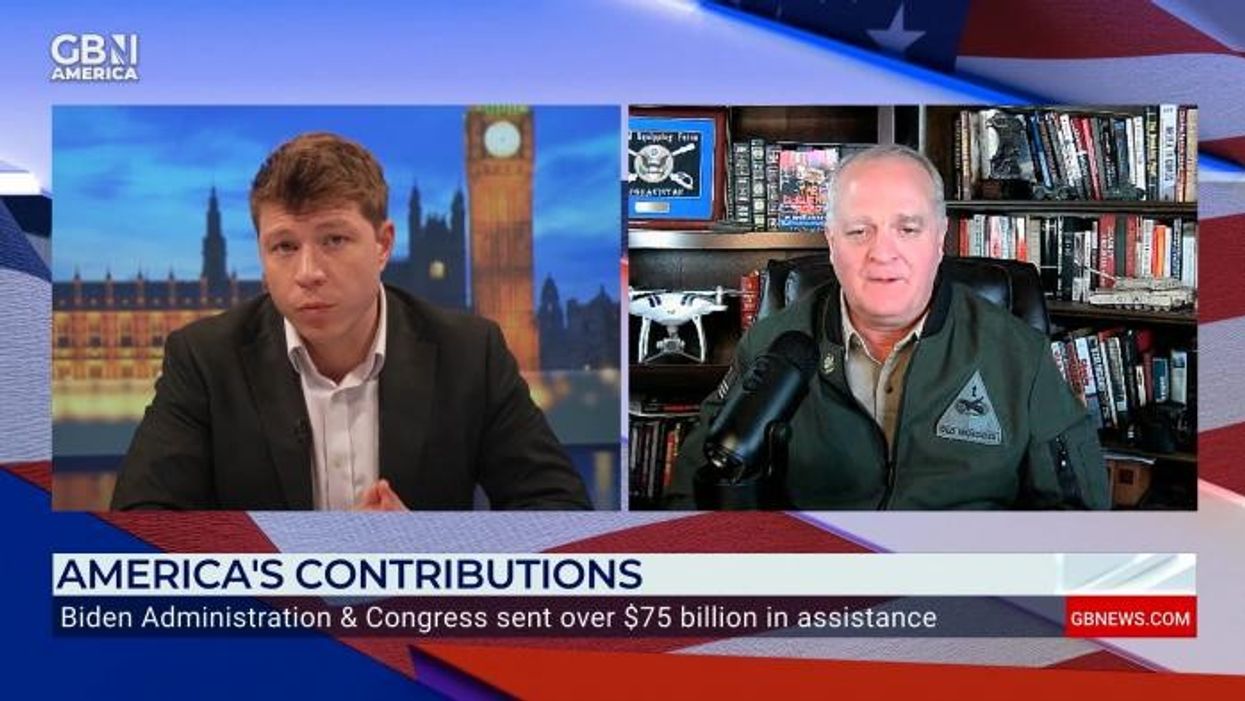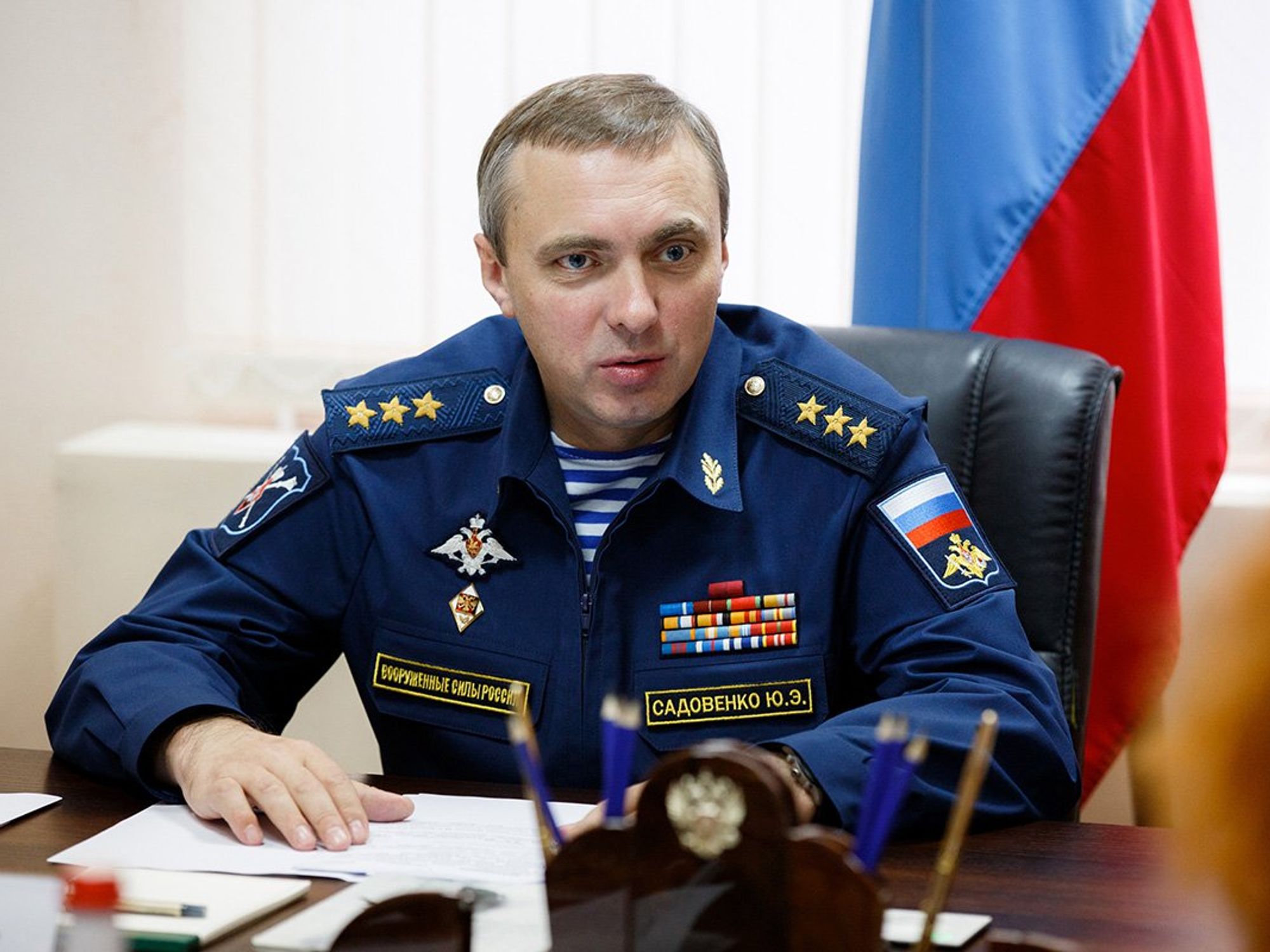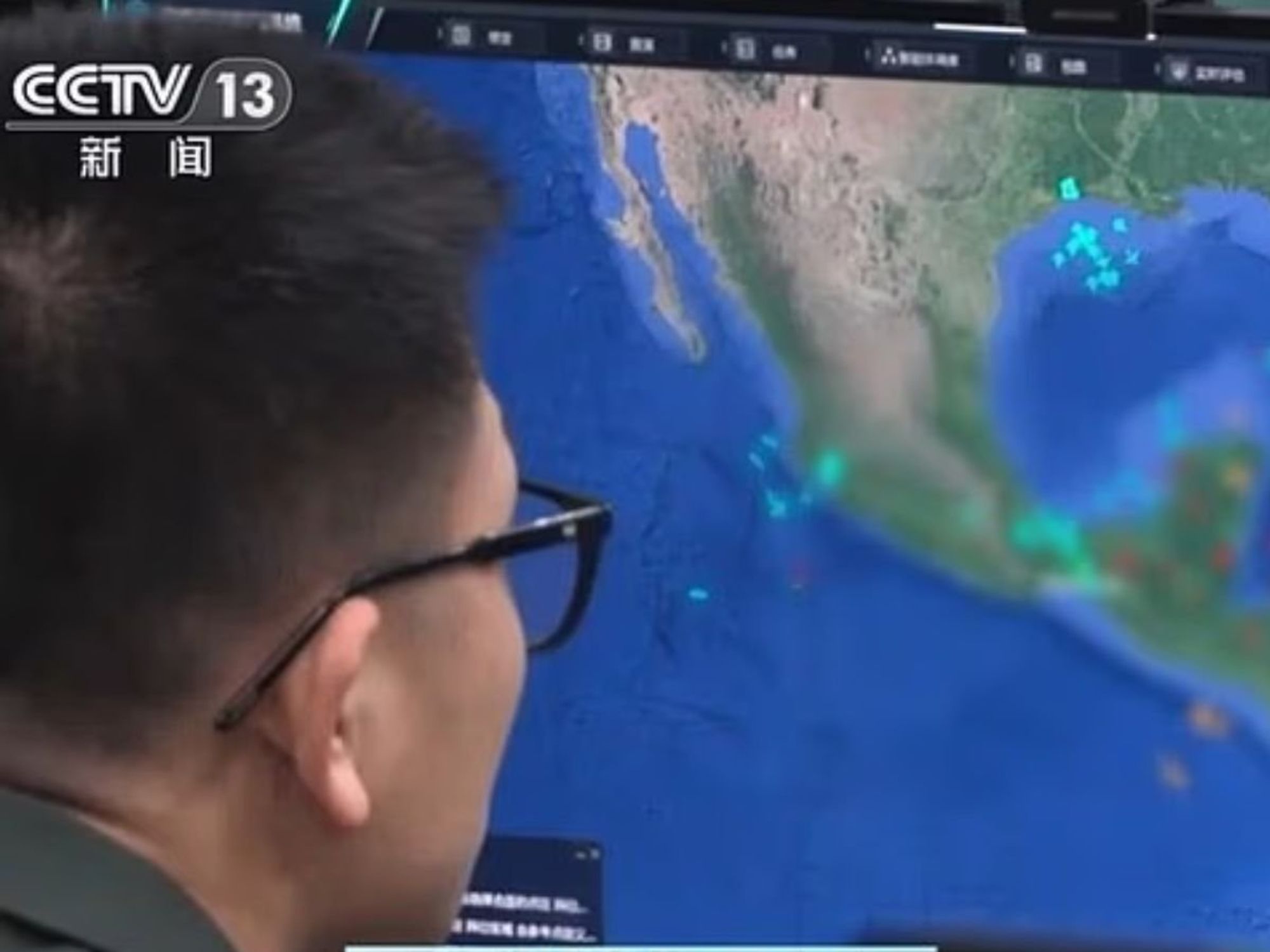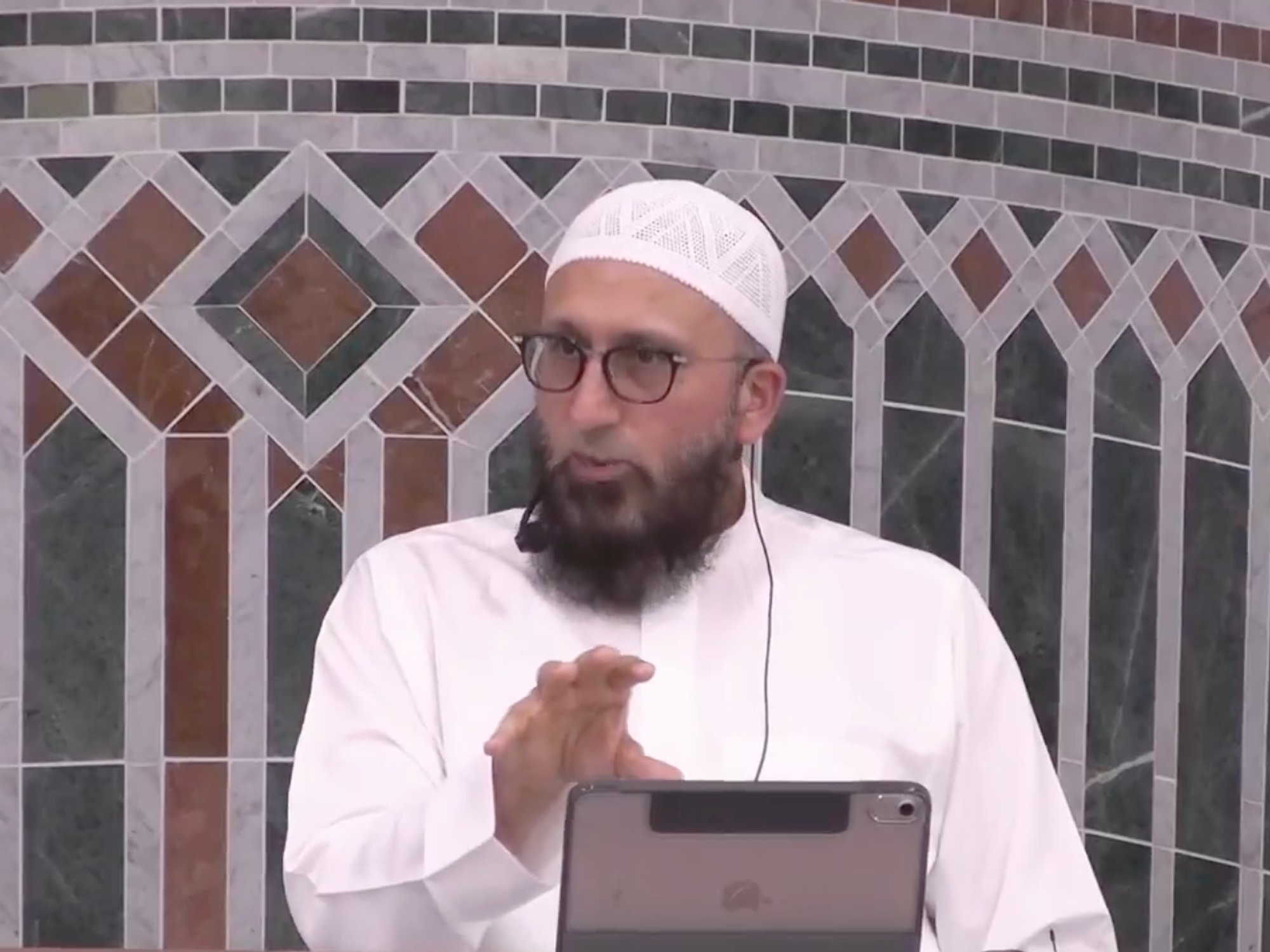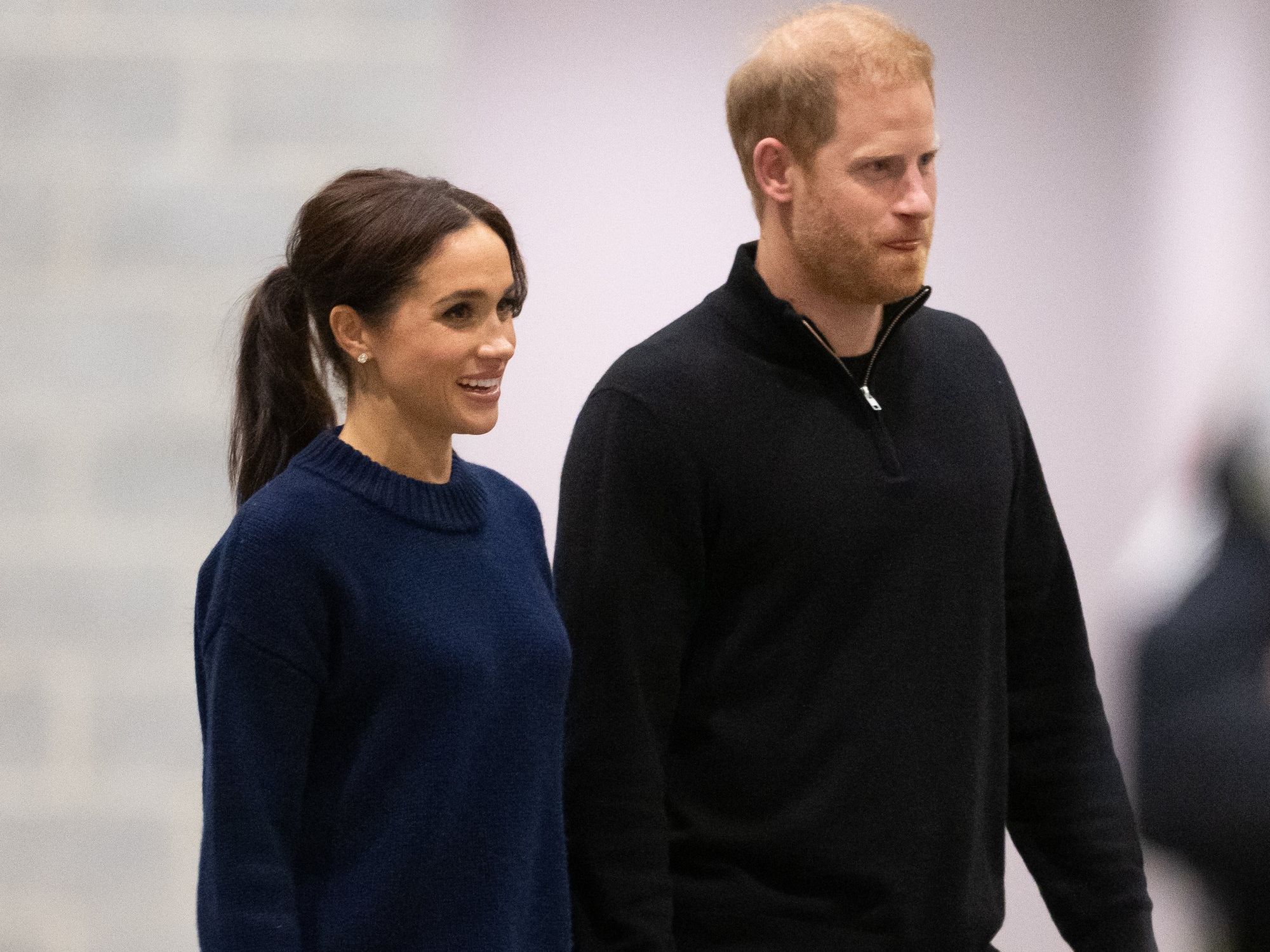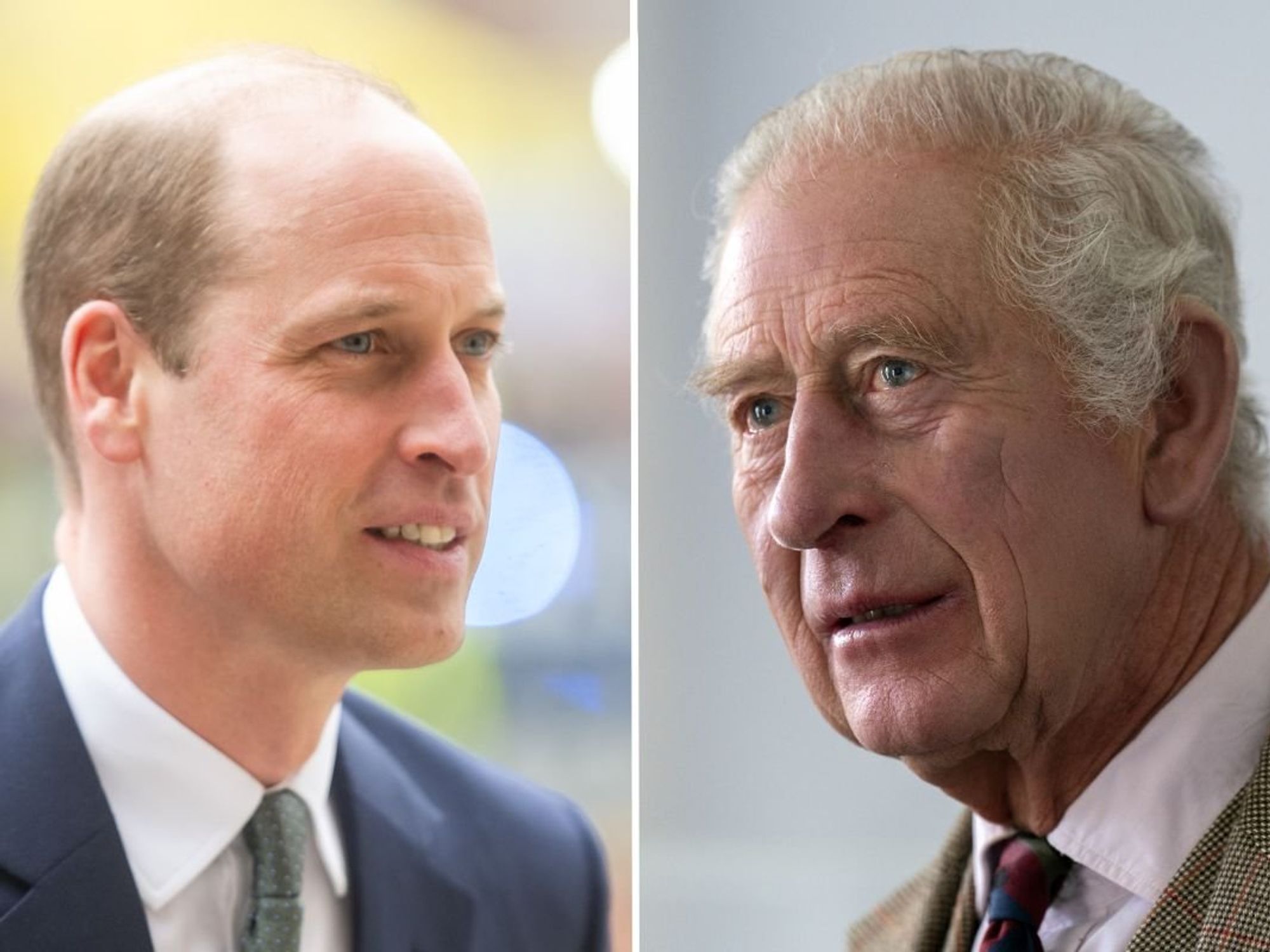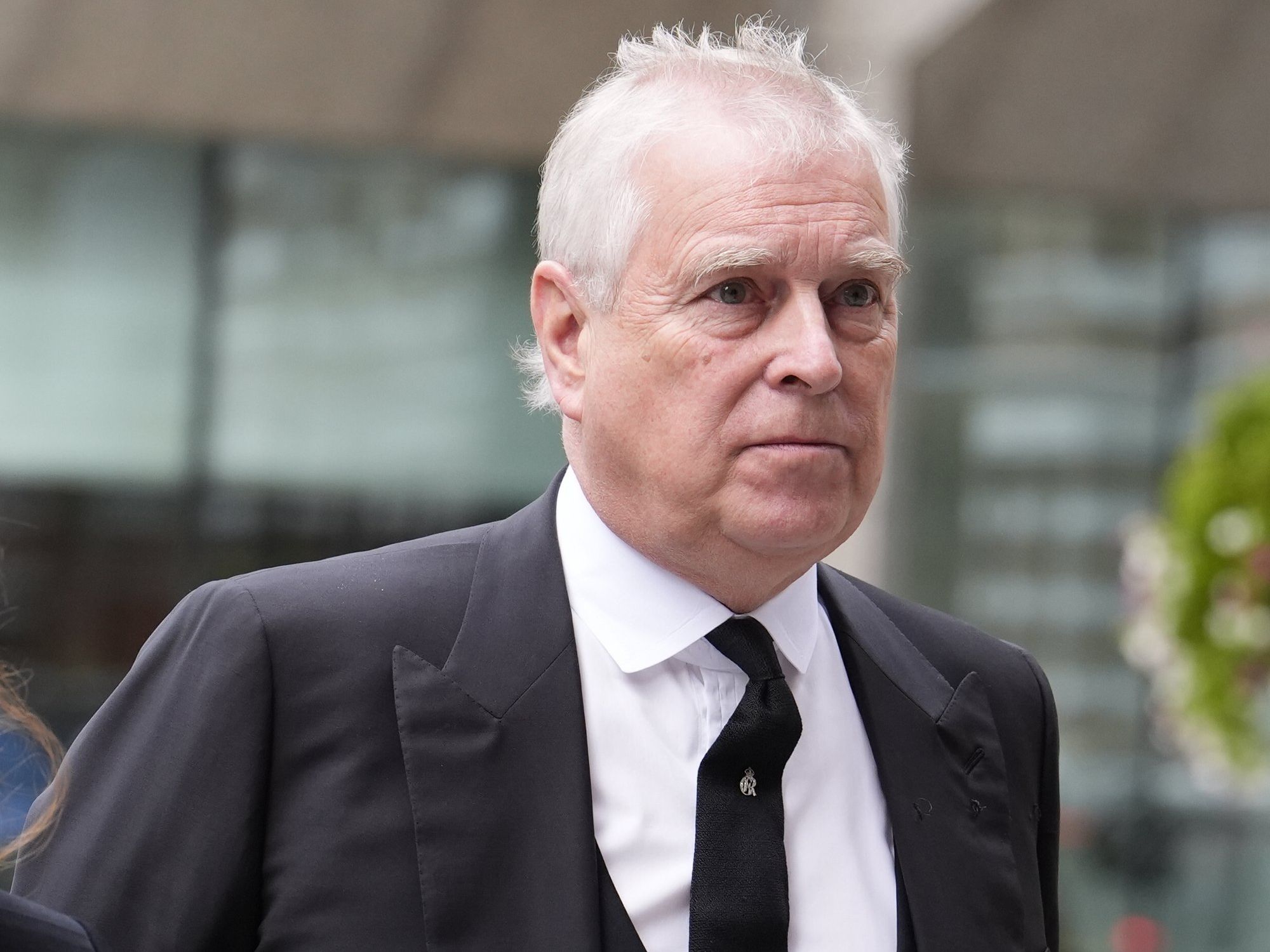Putin threatens Britain's fish and chips as Russia bans trawlers from cod and haddock supplies

The Russian leader has threatened to ban British fishermen from the Barents Sea
Don't Miss
Most Read
Latest
Vladimir Putin has threatened to ban British trawlers from cod and haddock supplies, putting a British culinary favourite under threat.
Russia has warned it may rip up a decades-old agreement allowing UK ships to fish in the Barents Sea.
British vessels have been allowed to fish along the coast of the Russian Kola Peninsula and east of Cape Kanin Nos since 1956.
The UK-USSR fisheries agreement was signed in Moscow by Soviet Deputy Foreign Minister Vasily Kuznetsov and the UK Ambassador to the USSR, William Hayter, 68 years ago.
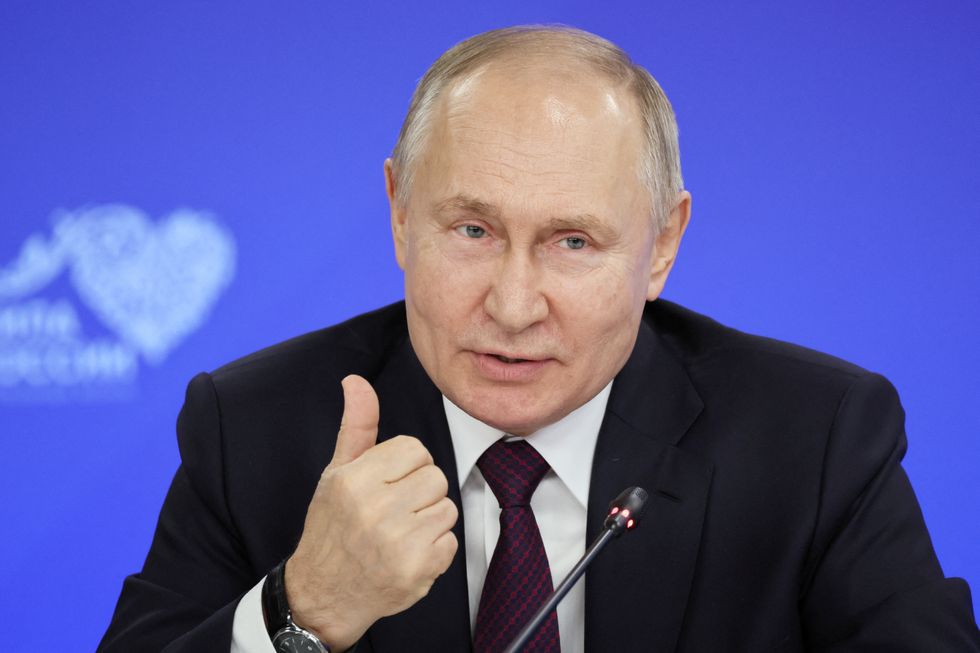
Putin has threatened to rip up a decades-old fishing treaty
|Reuters
Since then British vessels have increasingly travelled to the area to fish for cod, with 158,000 tonnes being caught in 1961.
That was increased to 181,000 in 1970 and by 2023 that figure had skyrocketed to 566,784, according to UK Fisheries data.
But now, according to the Izvestia newspaper, the Kremlin is backing draft legislation that would see Russia pull out of the agreement and ban the UK from fishing in its waters.
It also suggests that the Russians will use warships to deter any British trawlers from fishing in these waters.
LATEST DEVELOPMENTS:
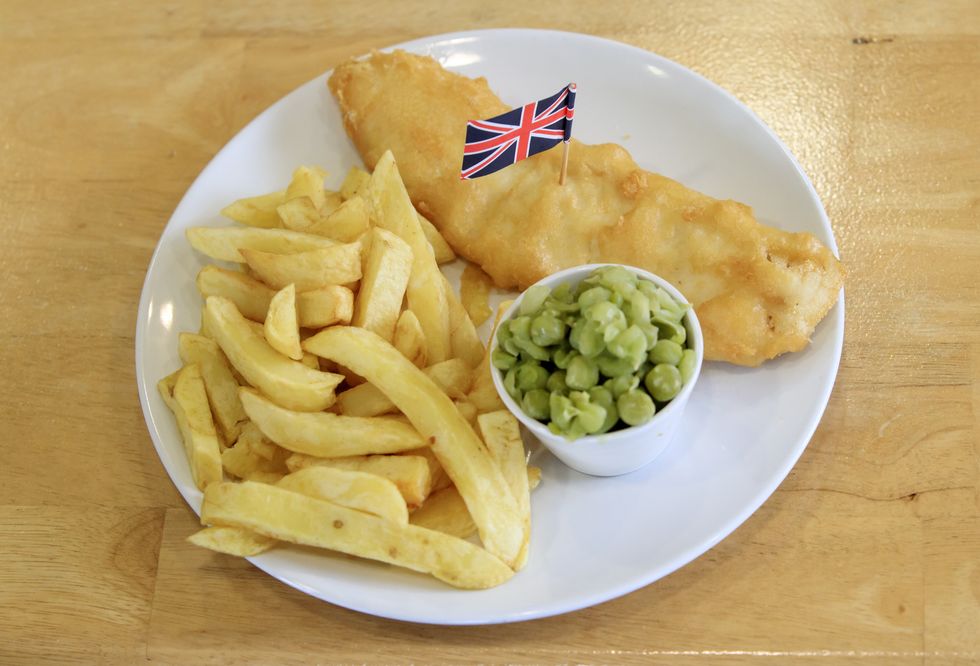
A British culinary favourite could be under threat
|PA
The paper wrote: "Russia will prohibit Britain from catching fish in the waters of the Barents Sea.
"This is the first denounced international food agreement. The government has already approved it.
"Denouncing the agreement will not have serious foreign policy and economic consequences for Russia."
This is in response to Britain's decision to impose sanctions on Moscow following the war with Ukraine, including removing Russia from "most favoured nation" trading status last March.
German Zverev, president of the All-Russian Association of Fisheries, said that the 1956 agreement was one-sided with no upside for Russia.
An additional 35 per cent tariff on the import of Russian goods particularly enraged the Kremlin.
At the time Downing Street said this was done to "inflict maximum damage on the Russian economy while minimising negative consequences for the UK".
GB News has contacted the Foreign Office for comment.


